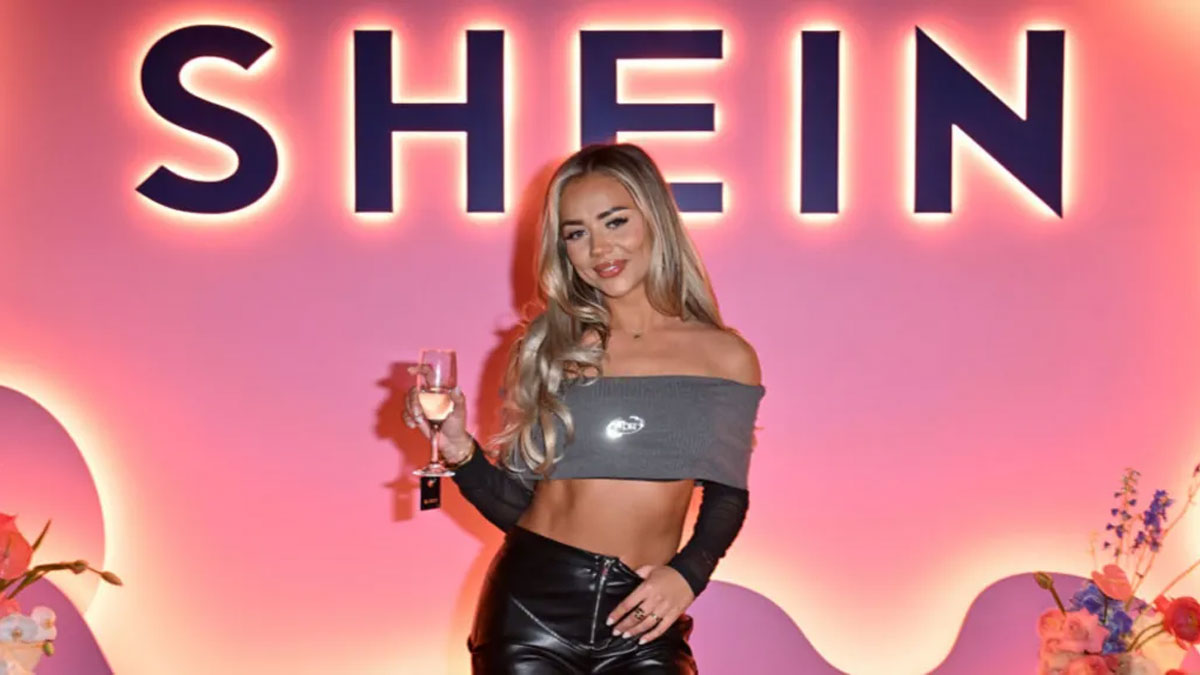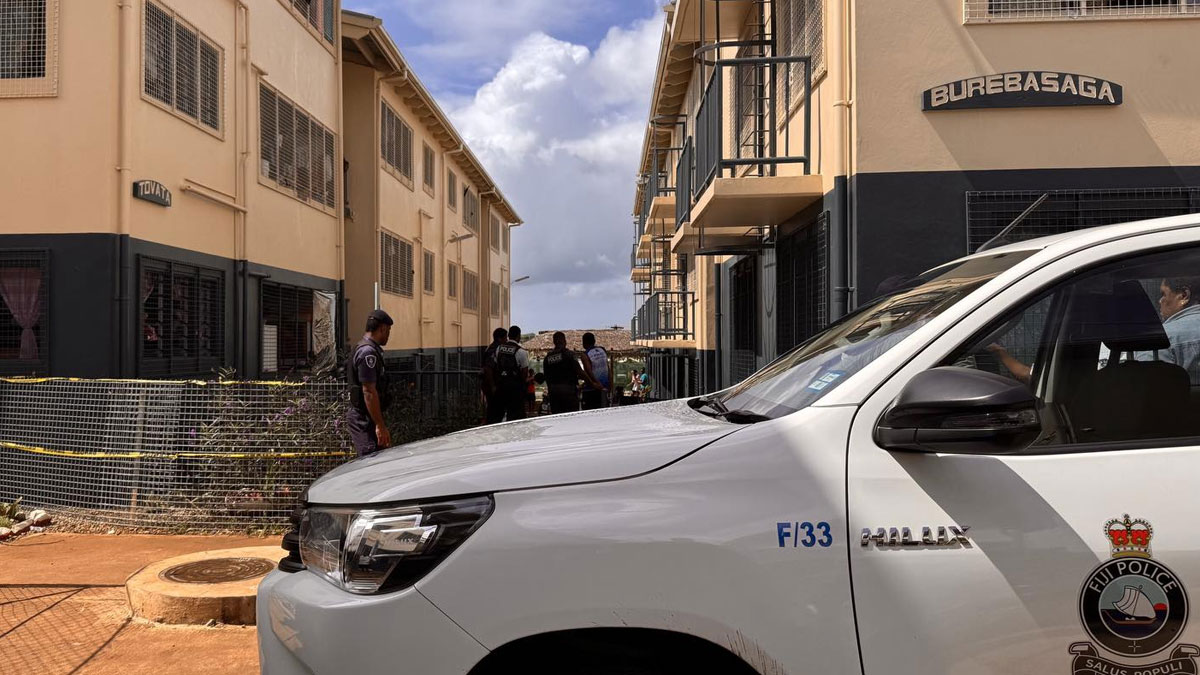
A senior lawyer representing Shein has repeatedly refused to say whether the company sells products containing cotton from China, prompting an MP to brand her evidence "ridiculous".
Yinan Zhu, general counsel for the fast-fashion giant, confirmed its suppliers did manufacture products in the country, but declined to say whether they used Chinese cotton.
Firms that source clothing, cotton, and other products from the Xinjiang region in the north west of China in particular have come under pressure following allegations of forced labour and human rights abuses.
Ms Zhu's refusal to answer questions was met with backlash from a committee of MPs, who accused her of "wilful ignorance".
Shein has grown rapidly since it was founded in 2008, and saw its business boom during the pandemic.
Its steep rise has meant the company has gone from a little-known brand to one of the biggest fast fashion retailers globally, shipping to customers in 150 countries.
But the company, which was founded in China but is now headquartered in Singapore, has come under fire over its environmental impact and working practices, which include allegations of forced labour in supply chains. Shein has denied this.
China has been accused of subjecting members of the Uighur, a mainly Muslim ethnic minority, to forced labour. In December 2020, research seen by the BBC showed that up to half a million people were being forced to pick cotton in Xinjiang, but Beijing has denied any rights abuses.
The allegations have led to some big fashion brands, including H&M, Nike, Burberry and Adidas, removing products using Xinjiang cotton, which has led to a backlash in China, and boycotts of the companies.
On Tuesday, MPs on the Business and Trade committee repeatedly challenged Ms Zhu over whether Shein products contained Chinese cotton and in particular cotton from Xinjiang.
Ms Zhu declined to answer and asked if she could write to the committee following the hearing.
She told MPs that the company does not own any factories or manufacturing facilities, but works with a large network of suppliers, mostly in China, but also in Turkey and Brazil.
She added that Shein complied with "laws and regulations in the countries we operate in".
Ms Zhu said its suppliers were required to sign up to robust standards and that third party agencies carried out thousands of audits.
Challenged on whether the company specifically prohibits its suppliers from sourcing cotton from Xinjiang as part of its checklist of conditions, she said: "I'm going to have to ask for permission to write back to this."
Source : BBC
Stay tuned for the latest news on our radio stations

